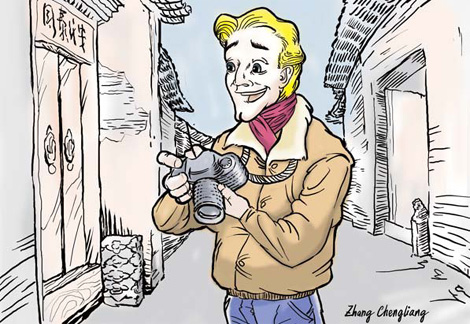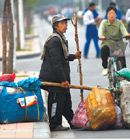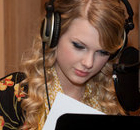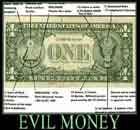Comment
Hutong worth more than money
By Brendan Forde (China Daily)
Updated: 2010-01-25 09:52
 |
Large Medium Small |

Like many foreigners in Beijing, I have enjoyed exploring the hutong neighborhoods. Respectfully and unobtrusively walking down the alleyways, one can get a real feel of old Beijing.
The hutong are synonymous with Beijing, an integral part of Beijing as much as Tian'anmen Square or Beihai Park. They are some of the most fascinating parts of this great city and I have spent many happy hours exploring them. In my opinion, the hutong constitute some of the most important areas of Beijing's historical and cultural heritage.
| ||||
For some reason, these walls were spared from destruction. Also spared were the trees that formerly inhabited the courtyards of this hutong. For generations, these trees provided shade and entertainment to the residents, yet now they were made silent witnesses to the destruction before them. Surveying this scene, my strongest reaction was not one of outrage at the loss of historical structures, or anger at the wanton disregard for heritage, but rather a feeling of sorrow and mourning at what had truly been lost, a vibrant community.
I can understand the value of development and the need for urban renewal is self evident, but I cannot understand why the hutong neighborhoods are being obliterated. Not only are the hutong significant culturally and historically, they are also living, breathing, vibrant community. Anyone who has even casually passed through these can plainly see and feel the lively community atmosphere.
One can see commerce of all types, bustling small businesses and the elderly enjoying recreation. But most important are the personal interactions between the residents that even the most unobservant visitor cannot miss. Everyone seems to know each other; passing individuals will exchange greetings, or stop at length for a chat. This intimate atmosphere can be found nowhere else in the city.
Yet, as Oscar Wilde once opined: "These days, men know the price of everything and the value of nothing." Land values and development are fuelling the destruction of the hutong. Mere monetary value is far from the most important measure, for there are intangible cultural and historical values, as well as the important community values.
However, these values are being sacrificed in favor of rapid urban development. The hutong are important historical assets to Beijing. Unlike other points of interest, such as the Forbidden City, Temple of Heaven or the Summer Palace, the hutong represent the history of the people of Beijing.
It is my firm hope that more visitors, especially Chinese visitors, explore the less tourism-oriented hutong, to experience the hutong life. The greater the understanding and appreciation of these communities, the greater the public will to prevent their eradication.
To conclude, another Wilde quote: "Experience is the name we give our mistakes." Let us not allow the loss of the hutong become another chapter in the history of this city.














